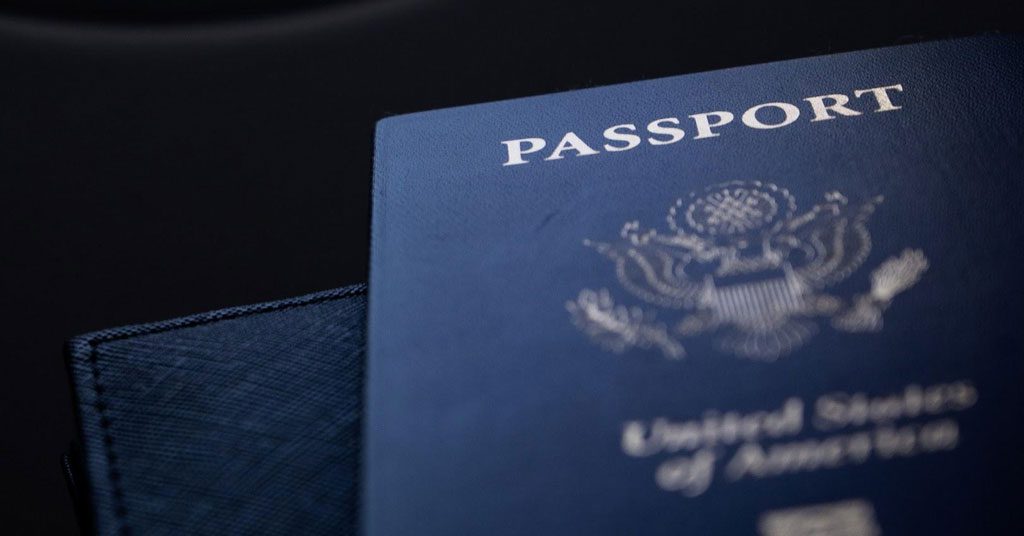
Tina Turner’s Path to Serenity: From America to Switzerland, without US Citizenship

According to Fortune, living in Switzerland allowed Turner to lead a normal life away from the media and her turbulent past. Renowned for privacy, Switzerland has been a haven for celebrities. Turner’s decision to relinquish US citizenship provided the tranquility she sought.
Following Turner’s recent passing at the age of 83, mourners expressed their condolences by placing flowers and candles outside the couple’s lakeside villa rental, known as “Chateau Algonquin,” in the upscale town of Kuesnacht, near Zurich. This understated tribute reflects the discretion for which Switzerland is known and which initially attracted Turner to the country.
Living in Switzerland allowed Turner to lead a relatively normal life, shielded from the pressures of the media spotlight. Unlike in her native United States, where she experienced a tumultuous life, including an abusive relationship with her late former husband Ike, Turner found a sense of pride and privacy among the Swiss.
Switzerland has long been a haven for celebrities seeking respect for their private lives, with figures like Charlie Chaplin and Freddie Mercury having been drawn to the country. Notably, financial magnates and business leaders have also been enticed by Switzerland’s favorable tax rates and the secrecy surrounding financial matters.
Why did Tina Turner renounce US citizenship?
Turner, who moved to Switzerland in the mid-1990s and obtained Swiss citizenship in 2013, was arguably the most prominent resident in recent years. She voluntarily relinquished her US citizenship, driven by her deep connection to Switzerland but also potentially by the desire to avoid the legal complexities associated with US tax regulations.
In her adoptive country, she found more than just a serene environment. Switzerland provided the discretion and tranquility she sought, allowing her to maintain her public persona in a private setting. The feeling was mutual, as Turner relished her life as a Swiss citizen, appreciating the normalcy it offered.
Complexities of US tax rules
Turner’s decision to relinquish her US citizenship was motivated by various factors. On the surface, it appeared to be influenced by love. She had been a resident of Switzerland since 1995 and in July of a certain year, she married her partner of 27 years, Erin Bach. However, some also speculate that her desire to avoid the legal complexities of US tax rules played a role in her decision.
Tax experts have noted the challenges of filing returns in multiple countries and navigating the process of claiming foreign tax credits in the US. Disputes over taxes are not uncommon, and there are specific requirements, such as the annual Foreign Bank and Financial Accounts Report (FBAR) form, that must be filed as part of the annual tax return. Additionally, the Foreign Account Tax Compliance Act (FATCA) has been increasingly enforced worldwide, obligating foreign banks to disclose American account holders.
However, simply renouncing one’s US citizenship does not always guarantee evasion by the tax collector, as US tax law imposes an exit tax on individuals who give up their citizenship.
Living in Switzerland allowed Turner to lead a relatively normal life, shielded from the pressures of the media spotlight. Unlike in her native United States, where she experienced a tumultuous life, including an abusive relationship with her late former husband Ike, Turner found a sense of pride and privacy among the Swiss.
Swiss President Alain Berset paid tribute to Turner, referring to her as an icon and expressing his condolences to her relatives. Berset emphasized that one of the reasons Turner chose Switzerland as her second homeland was to lead a completely normal life, free from constant public scrutiny. In Switzerland, she could enjoy restaurants without being constantly photographed and move around in public without being stared at or asked for autographs.
Need more information about giving up your US citizenship?
We, the founders of Americans Overseas, were born in the Netherlands and obtained American nationality through our (American) mother. When we heard about this for the first time around 2013, we were in total disbelief (it can’t be true!), anger (how can they do this?), fear (am I going to get fined or pick up other problems?), and panic (what should I do?).
It is (unfortunately) true that there is an additional American tax levy. But there’s no information from the local government, and when approached, the consulate referred us to the IRS, and the IRS was impenetrable.
That’s why we started this initiative to help people from all over the world by providing proper information to avoid unnecessary panic and offering help free of obligation and free of charge. If needed, we have a network of affordable professionals (accountants) who can help you with your tax obligations.
If you have more questions about the US exit tax and the US tax obligation, you can contact us at Americans Overseas.
Contact us for more information
Source: Fortune
Frequently asked questions
Understanding the US tax system, the obligations, and all the additional terms can be difficult. Especially if one lives outside of America. Is your question not answered? Contact us.
-
Who is required to file taxes in the US?
U.S. citizens and resident aliens who live abroad are generally required to file a federal income tax return and pay taxes on their worldwide income.
Read more... about Who is required to file taxes in the US? -
Do US citizens living abroad still have to file taxes in the US?
Yes, US citizens are required to file taxes on their worldwide income, regardless of where they are living.
Read more... about Do US citizens living abroad still have to file taxes in the US? -
How can I cash my US check?
Received an American check? You can cash your check in the following ways: cash the check at your own bank, transfer to another person (endorsement), cash checks using an online service or cash the check by another bank.
Read more... about How can I cash my US check? -
Are there any special tax forms required for US citizens living abroad?
US citizens living abroad may be required to file Form 2555 and/or Form 1116 to claim the foreign-earned income exclusion.
Read more... about Are there any special tax forms required for US citizens living abroad? -
What is FBAR filing?
FBAR (Foreign Bank Account Report) filing is the requirement for certain U.S. individuals and entities to report their foreign financial accounts to the Financial Crimes Enforcement Network (FinCEN) of the U.S. Department of Treasury. The FBAR filing requirement applies to U.S. persons who have a financial interest in, or signature authority over, one or more foreign financial accounts if the aggregate value of those accounts exceeds $10,000 at any time during the calendar year.
Read more... about What is FBAR filing?





